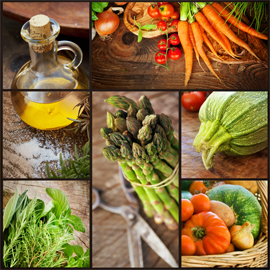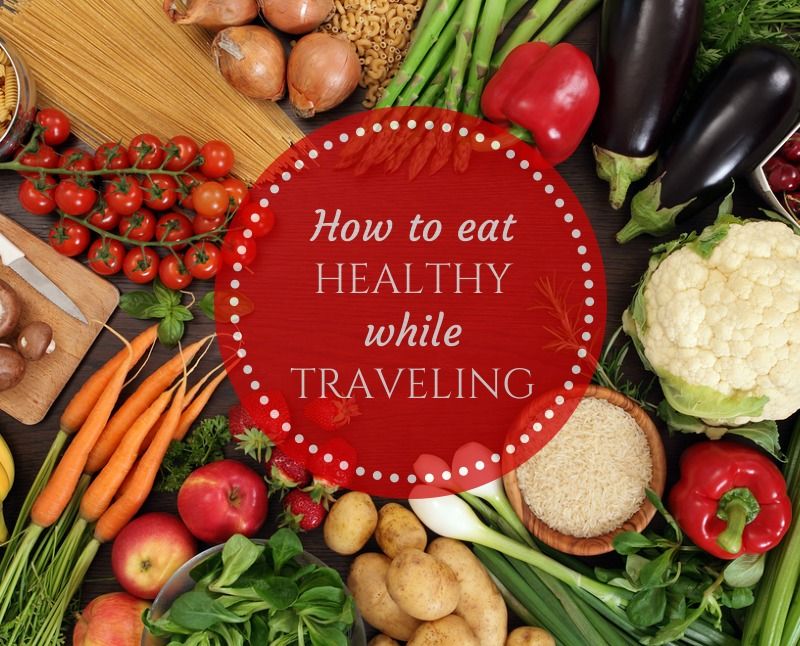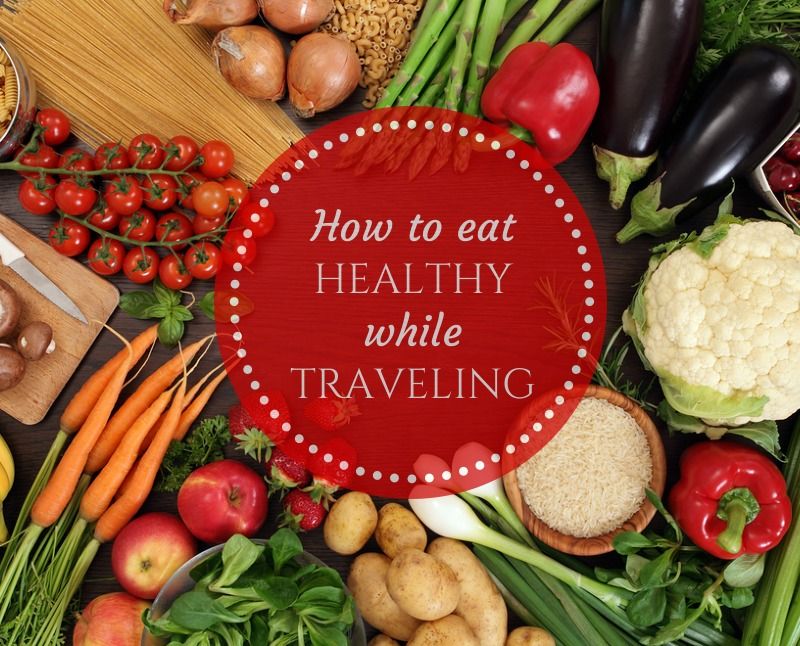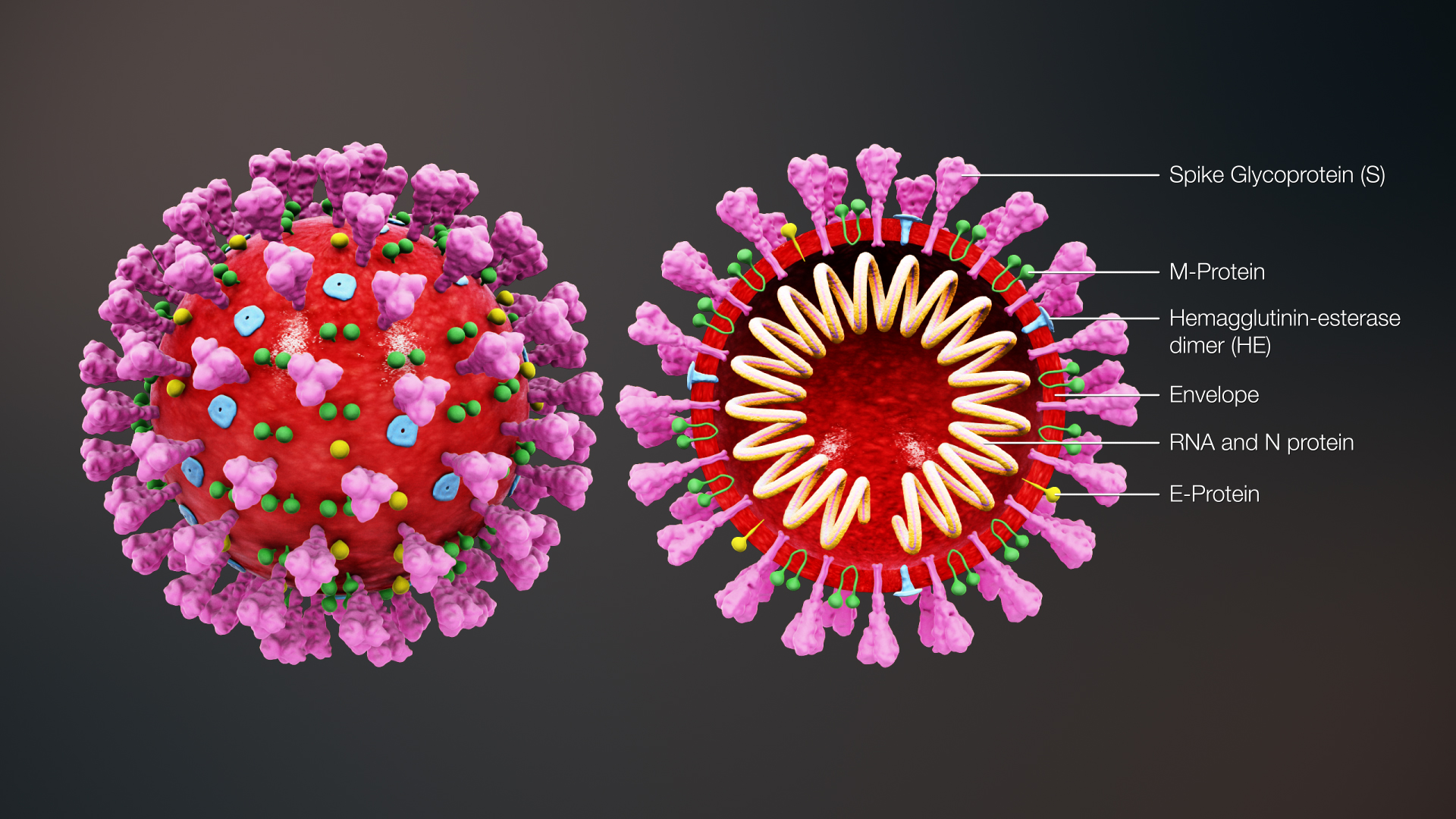How to reduce menopausal risks with careful diet
Insomnia, headaches, bloating, mood swings—when it comes to the uncomfortable symptoms of menopause, the list goes on and on. Menopause means more than just the end of menstruation—hormonal changes can spell trying times for every woman, making it important to learn how best to cope with the many fluctuations, troubles and risks of this period of transformation.
Many women accept the symptoms of menopause as part of getting older, but this doesn’t have to be the case. It’s a good idea to plan your menopause journey before embarking by taking symptom-reducing options like bioidentical hormone replacement into consideration while also thinking about the lifestyle changes that will be necessary.
Careful dietary planning can help menopausal women avoid the potentially serious health conditions they’re at a higher risk for, like heart disease and osteoporosis, and help you stay as healthy and happy as possible during this time. Here are some things you should try to eat a little more of to loosen menopause’s grip on your life.
Fiber
Cholesterol levels sharply increase at the beginning of menopause, putting menopausal women at a heightened risk of developing heart disease. Fiber-rich foods can help to lower your cholesterol levels and regulate blood sugar and blood pressure, making them among the best for helping your heart stay healthy.
What’s more, fiber-rich foods tend to make you feel full more quickly and will help you avoid less healthy foods, allowing you to avoid that potential for menopausal weight gain. Fiber is found in many different foods, but whole grains like brown rice, oatmeal and whole wheat bread tend to be the best sources. Recommended daily fiber intake for women over the age of 50 is 21 grams.
Vitamin D and Calcium
The risk of developing osteoporosis increases around the same time as the start of menopause. Estrogen has a hand in maintaining healthy bones, so the reduction of this hormone can contribute to bone loss and a higher risk of fractures. To counteract this trouble, you should make sure to get plenty of vitamin D and calcium in your diet, which are crucial nutrients for strengthening bones.
The very best sources for both of these nutrients are dairy products, but vitamin D can also be found in fatty fish like salmon. Try drinking low or non-fat milk, a cup of which contains about 306 mg of calcium, or introduce more fish and cheese to your diet. Women over 50 should get 1200 mg of calcium per day and 15 mcg of vitamin D.
Though these are among the most important dietary changes for coping with menopause, they may not be the only ones you need to make. Ask the staff of Waller Wellness Center for menopause diet recommendations as well as tips on how to reduce your menopause symptoms and risks with lifestyle changes and hormone replacement.







